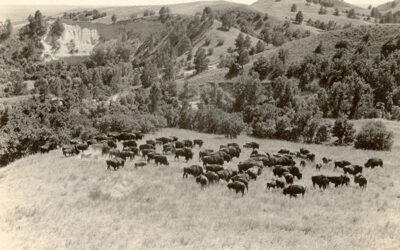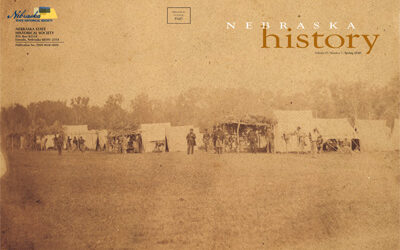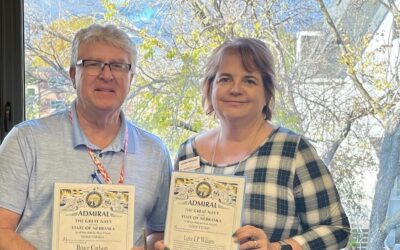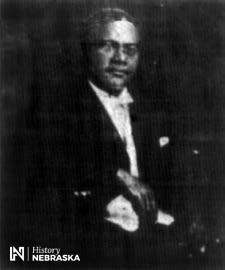
Rev. Russel Taylor, Omaha Monitor, August 11, 1921.
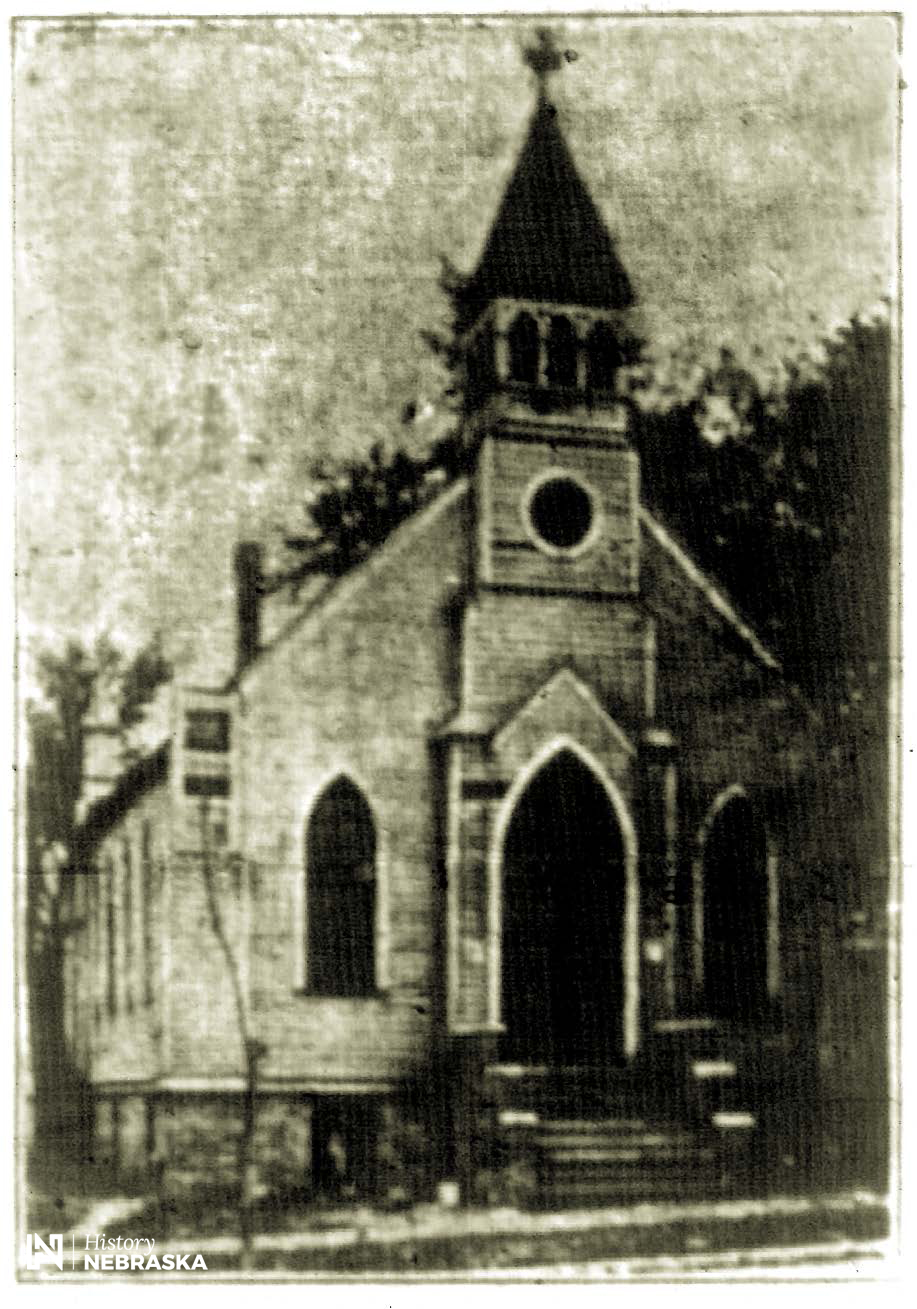
St. Paul’s Presbyterian Church, where Taylor pastored, Omaha Moniter August 11, 1921
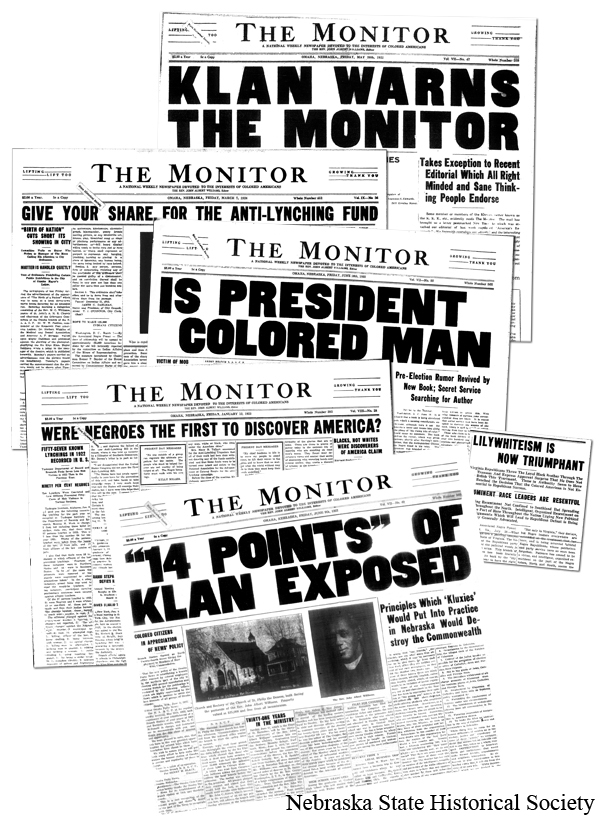
Various Omaha Monitor headlines during the 1920s.
There are certain names we instantly recognize as those who passionately loved and strove for equality. Gandhi, Martin Luther King Jr., Susan B. Anthony and many others have a permanent place in history textbooks as heroes of social justice. However, there are many other names with which we are much less familiar, but are no less important. These are the names of the people who worked decades prior to the names that we know. They fought desperately for the same causes, but they did not succeed. Most did not survive to see the fruits of their hard labor.
In 2008, Nebraska History published an article by Todd Guenther which explored the foundation, rise, and fall of a black community called Empire, Wyoming. The story of Empire is one such case of little-known injustice. This settlement, located on the Nebraska-Wyoming border, was an attempt by several African American families to create a thriving, happy community alongside the whites, proving that the black work ethic, intelligence, and determination was equally strong. Unfortunately, due to drought and economic difficulties, Empire collapsed in August 1920. Its citizens were scattered, including Rev. Russel Taylor, a well-educated leader in the community.
In the Winter 2011 issue of Nebraska History, Guenther continues the story, focusing on Taylor in his article “‘The Kingdom of Heaven at Hand’: Rev. Russel Taylor and the Struggle for Civil Rights in 1920s Omaha.” After the disintegration of Empire, Taylor returned to Nebraska and became the pastor at St. Paul’s Presbyterian Church in Omaha. Spurred to political activism by atrocities he had witnessed further west, Taylor was not only a pastor, but also a lobbyist, essay writer, spokesman, and representative for civil rights.
Taylor was disturbed by the mentality that racism was a permanent part of society. Using his pulpit for political teaching as well as religious, Taylor warned his congregation not to become so focused on the next life that they neglected their duties here on earth. He became involved in a whirlwind of social activity, using every one of his positions to advance the cause of blacks. His writing appears several times in The Monitor, the black newspaper of Omaha in the 1920s. As a member of the local NAACP (National Association for the Advancement of Colored People,) Taylor was a prominent voice in the black community of Omaha. He courageously denounced the KKK, and unsuccessfully ran for the Omaha school board.
Some members of Taylor’s church, however, felt he was neglecting his proper pastoral duties. In 1924, Taylor stepped down as pastor of the church but continued to preach intermittently from various pulpits across Omaha. Disappointingly, as Taylor’s age increased, his success did not. His appeals to America for justice were ignored, his opinionated writing was little considered, and his denouncement of the KKK did nothing to subdue their tyranny. Frustrated by the lack of progress, Taylor grew more and more depressed. Later in his life, Taylor developed Parkinson’s, withdrew from the public spotlight, and essentially died a broken man.
Russel Taylor’s life was not a cheerful one. However, his story illustrates the difficulties faced by African American communities for years before the civil rights movement of the 1950s and 60s. The life of Taylor and others serves as a reminder of the causes of the civil rights movement, and the oppression that we seek to never repeat.

